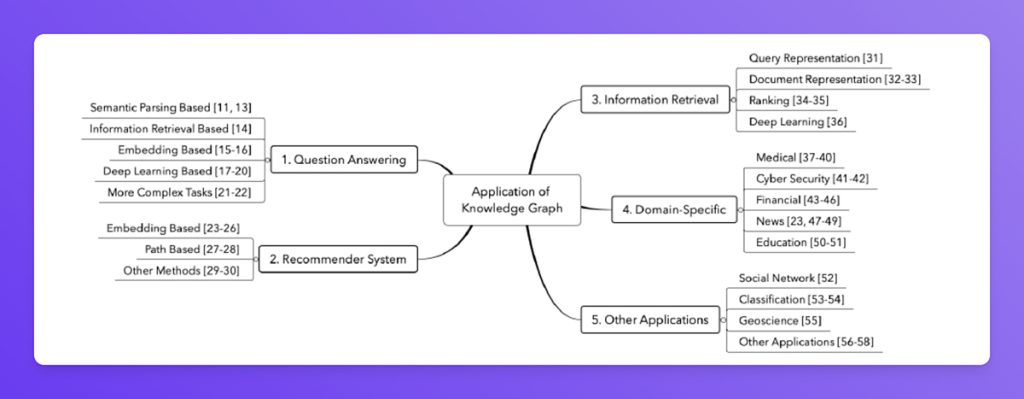This week we feature articles from JPMorgan’s Anu Jain, Graham Person, Paul Conroy, with Nivas Shankar from AWS, and from IBM’s Rolly John.
Additional reading is from the Google AI Blog, ZDNet, Wired, and The Next Platform.
News comes from Acquia, Elastic, Piano & SocialFlow, and Oro.
Opinion / Analysis
How JPMorgan Chase built a data mesh architecture to drive significant value to enhance their enterprise data platform
A short high-level description of a data mesh implementation that does a good job explaining the what, and the value; suitable for senior management and non-technical colleagues. Excellent illustrations.
How Topic Modelling can help companies to mine customer reviews
Rolly John has a more technical how-to piece based on a project she is working on. She includes details with links to analysis and code on her GitHub, and plans to provide updates on enhancements as she progresses.
More Reading…
- Add intelligence to your document processing with Google’s Enterprise Knowledge Graph via Google Blog
- Building a lakehouse datastore like Uber, but with managed lakehouse services built on Hudi. via The Next Platform
- How Oracle Autonomous JSON Database adds MongoDB support via ZDNet
- Fascinating background… How Telegram became the anti-Facebook via Wired
Content technology news
Acquia launches UK hosting solution
London data center allows Drupal Cloud in-country hosting for organizations impacted by Brexit to support customer data localization.
https://gilbane.com/2022/02/acquia-launches-uk-hosting-solution/
Elastic 8.0 Elastic search, vector search, natural language processing
Enterprise Search updates include native vector search, support for modern natural language processing (NLP) models, and data onboarding.
https://gilbane.com/2022/02/elastic-releases-elastic-8-0/
Piano acquires SocialFlow
Will help organizations manage organic posting across platforms, manage paid social media campaigns, and collect data on user clicks.
https://gilbane.com/2022/02/piano-acquires-socialflow/
Oro unveils OroCommerce 5.0
Open-source eCommerce platform for B2B adds features to boost productivity, improve site performance, and optimize customer experiences.
https://gilbane.com/2022/02/oro-unveils-orocommerce-5-0/
The Gilbane Advisor is curated by Frank Gilbane for content technology, computing, and digital experience professionals. The focus is on strategic technologies. We publish recommended articles and content technology news weekly. We do not sell or share personal data.
Subscribe | Feed | View online | Editorial policy | Privacy policy | Contact


